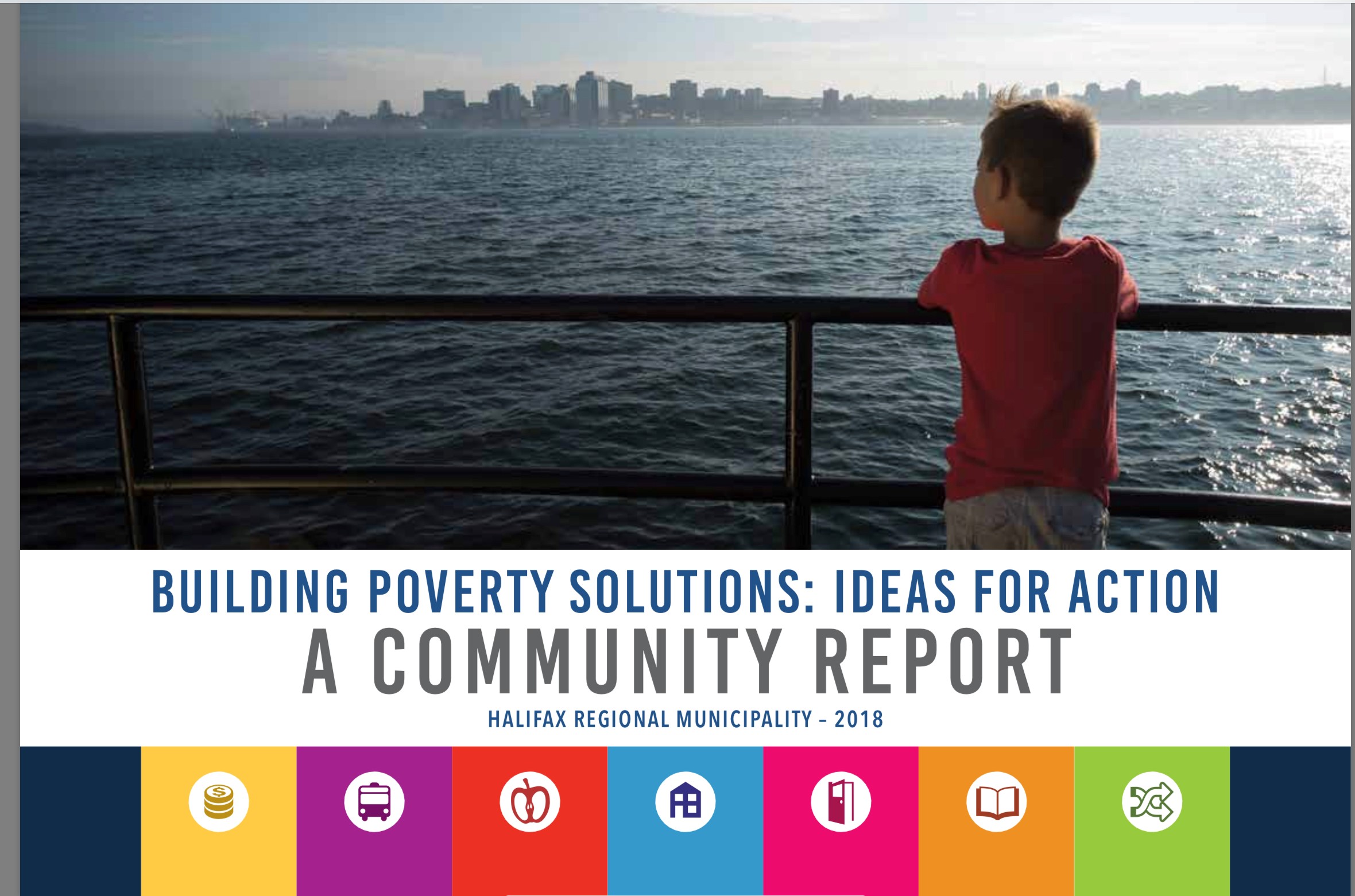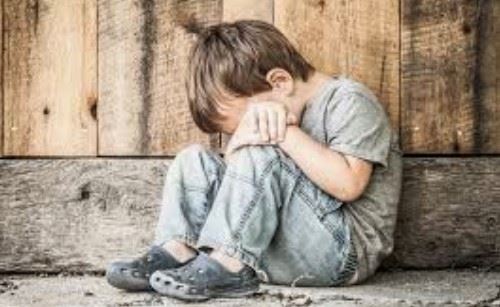The Kids Aren’t Alright
Nova Scotia is the only province where child poverty rates continue to rise.
In Cape Breton, the child poverty rate is at 34.9 percent.
The average child poverty rate in Canada was at 9% in 2017, having fell from 11% in 2016. So, in two years, 133,000 kids were lifted out of poverty in Canada.
Those Cape Breton kids living in poverty, continue to do so, flat-lining.
Let’s have a look at Mayor Clarke’s record on fighting child poverty.
Let’s begin with the end of the last CBRM mayoral election:
In a 2016 debate with mayoral candidate Rankin MacSween, Mayor Clarke revealed that he would work with the United Way to reduce our tragically high child poverty rate.
What progress has been made in the four years since the last election?
I took to social media to learn about Mayor Clarke’s work around child poverty, but was unable to unearth anything of significance.
Our mayor has not used his social media platforms to let us know how CBRM is working to reduce child poverty:
- I reviewed Mayor Clarke’s Facebook posts, going back to July 14, 2018, and found no posts about child poverty in the CBRM.
- Mayor Clarke has not used his Twitter account to update us on any progress that has been made or initiatives taken re the kids living in poverty in CBRM.
- And so it was that I checked the CBRM website for information; this website is difficult to navigate, though I spent some time and found no anti- poverty plans or information. There is no mention of a committee or task force.
- A Google search revealed that the United Way held the “United Way Community Summit 2017” and set as its goal a 5% reduction in poverty in 5 years, so by 2022.
- We are all, I am sure, grateful to the United Way for doing this important work, as we are to all of the non-profits working hard in our communities every day.
It cannot, from any evidence I could find, be said that CBRM is seriously partnering with the United Way in the work that must must be done to reduce child poverty - Mayor Clarke did speak at the above-mentioned summit, but did not reveal a plan or even a plan to make a plan.
The Halifax Regional Municipality has a 20%child poverty rate, 15% lower than Cape Breton’s.
Halifax Mayor Mike Savage has partnered with President and CEO of United Way Halifax, co-chairing the Poverty Solutions Advisory Committee: You can read the comprehensive report that came out of this committee here.

Child poverty is a complex issue. CBRM needs a mayor who will fulsomely engage in the movement to eradicate it. Too many of our kids have been waiting too long.
I will say that I do not mean to say that Mayor Clarke does not care about the issue of child poverty, I am sure that he does.
But as responsible citizens who care deeply about child poverty, we do need to look at his record - we need to ask him how exactly has he worked on the issue of child poverty in his eight years as mayor.






2
Log In or Sign Up to add a comment.- 1
arrow-eseek-e1 - 2 of 2 itemsFacebook Comments